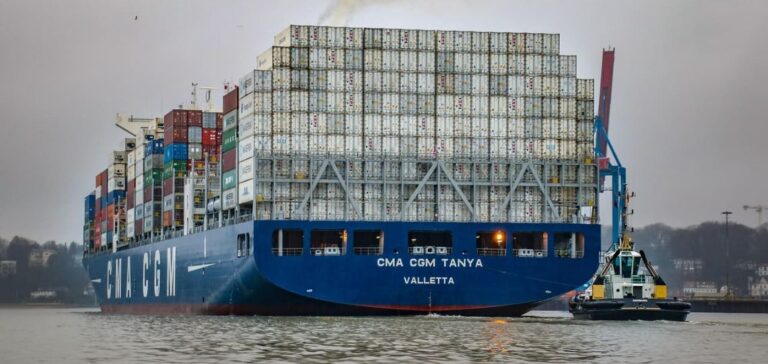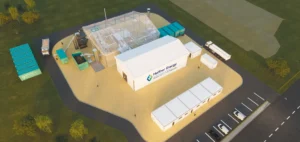Global demand for biofuels in maritime transport is expected to significantly exceed production capacity by 2028, according to an analysis by Rystad Energy published on 27 May. Although biodiesel and bio-liquefied natural gas (bio-LNG) are compatible with existing ship engines, their actual availability remains highly limited.
Widening gap between demand and production
Without supply constraints, maritime demand for biodiesel could exceed 140 million tonnes of fuel oil equivalent by 2028. However, even in an optimal scenario, total biofuel production capacity would reach a maximum of 120 million tonnes. When applying sustainability criteria that prioritise second-generation biofuels, supply drops to around 40 million tonnes.
Rystad Energy analysts estimate that actual availability is even lower when accounting for production risks, cross-sector competition, and operational losses. Bio-LNG, while considered more cost-effective than biodiesel in some subsidised markets, also faces constraints. Over 84% of global biomethane output is allocated to power generation, with 10% used in road transport. This leaves just 6% available for all other sectors, including maritime.
Regulatory obligations and commercial trade-offs
The International Maritime Organization (IMO) is enforcing increasingly stringent carbon intensity thresholds through its Greenhouse Gas Fuel Intensity (GFI) standard. In this context, biofuels are emerging as a more accessible transitional solution than alternative fuels like ammonia or methanol, which require high infrastructure investment.
According to Junlin Yu, Senior Analyst at Rystad Energy, maritime players must prepare for these constraints: “The sector cannot ignore this supply crisis.” Biofuels, when meeting lifecycle emission thresholds, can provide financial benefits through IMO incentives.
Limited strategic response capacity
Priority access to available volumes is becoming a competitive issue. As 2028 approaches, the ability to secure a reliable supply chain for biodiesel and bio-LNG could determine shipowners’ ability to remain compliant.
The Rystad Talks Energy: Full Steam Ahead conference, scheduled for 28 May, will bring together executives from Rystad Energy and DNV Maritime to address these structural challenges. The event comes as the maritime sector accelerates its energy transition under growing regulatory pressure.






















